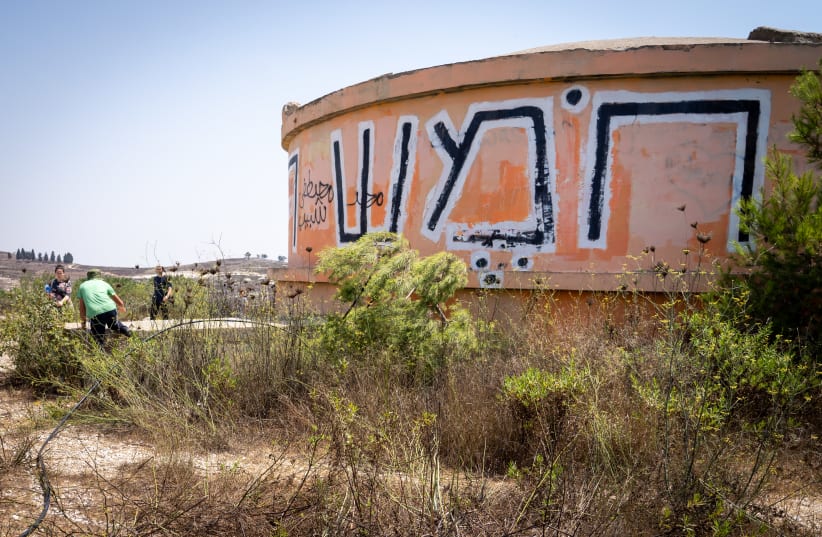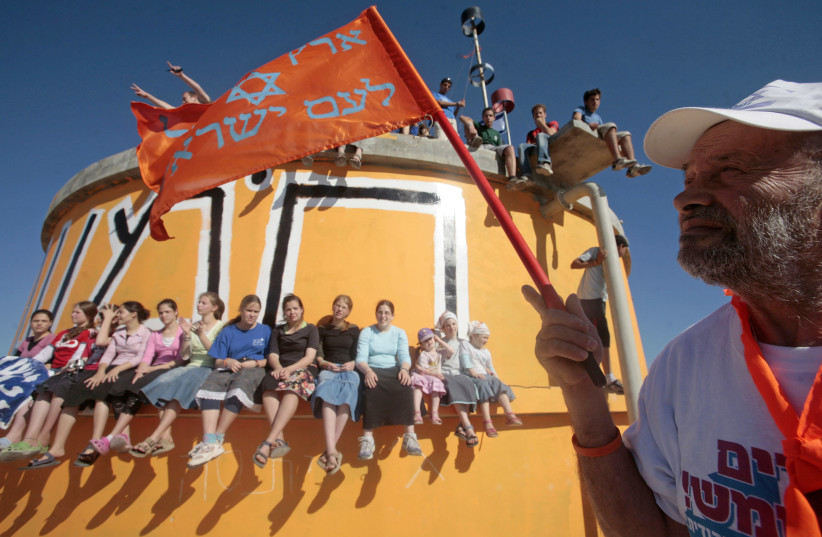The state has sought to delay by a month providing the High Court of Justice with a response as to whether it would evacuate the illegally build modular Homesh seminary located in the West Bank’s northern Samaria.
In a petition submitted Sunday night to the High Court of Justice, it asked for an extension until May 10, in light of the Knesset’s vote last month to repeal the section of the 2005 Disengagement Law as it applies to the sites of four former settlements in northern Samaria.
Homesh, along with the Samaria settlements of Sa-Nur, Ganim and Kadim were evacuated in 2005, just after the Gaza pullout.
The Knesset vote lifts a ban that had existed on the entry of Israelis to the sites of the four former settlements.
The Homesh Yeshiva, once housed in the settlement bearing its name, has defied the ban for over 17 years. It has continued to conduct classes on the Homesh hilltop in small modular buildings and or tents.
It has survived multiple evacuations despite an HCJ ruling in 2013 which upheld the contention that the land belongs to Palestinians and allowed the Palestinian landowners to farm there.
In 2019 the left-wing NGO Yesh Din petitioned the court to force the state to evacuate the yeshiva and protect the rights of the Palestinian farmers to access their land.
Right-wing politicians and activists believe Knesset's repeal of Disengagement in northern Samaria is a first step in rebuilding the four settlements, including the Homesh Yeshiva.
Prime Minister Benjamin Netanyahu has said that he has no intention of allowing the four settlements to be rebuilt.
The US is against the repeal
The United States had clarified that it considers the repeal to be a violation of promises the Israeli government has made to them both currently and dating back to 2004.
The state told the court, however, that it needed more time to understand how the Knesset’s Disengagement repeal impacted the status of the land.
In submitting its request for an extension it included the opinion of Yesh Din attorney Shlomy Zecharia who explained that the hilltop was outside the boundaries of the state of Israel and thus the Knesset did not have the power to issue legislation relating to the status of the land.
Zecharia noted that the legislation itself did not relate to the land but rather lifted the ban on the entry of Israelis to the site, but did not change the fact that the land in question belonged to Palestinians.
He charged that the state was seeking to shirk its obligation by asking for an extension.

